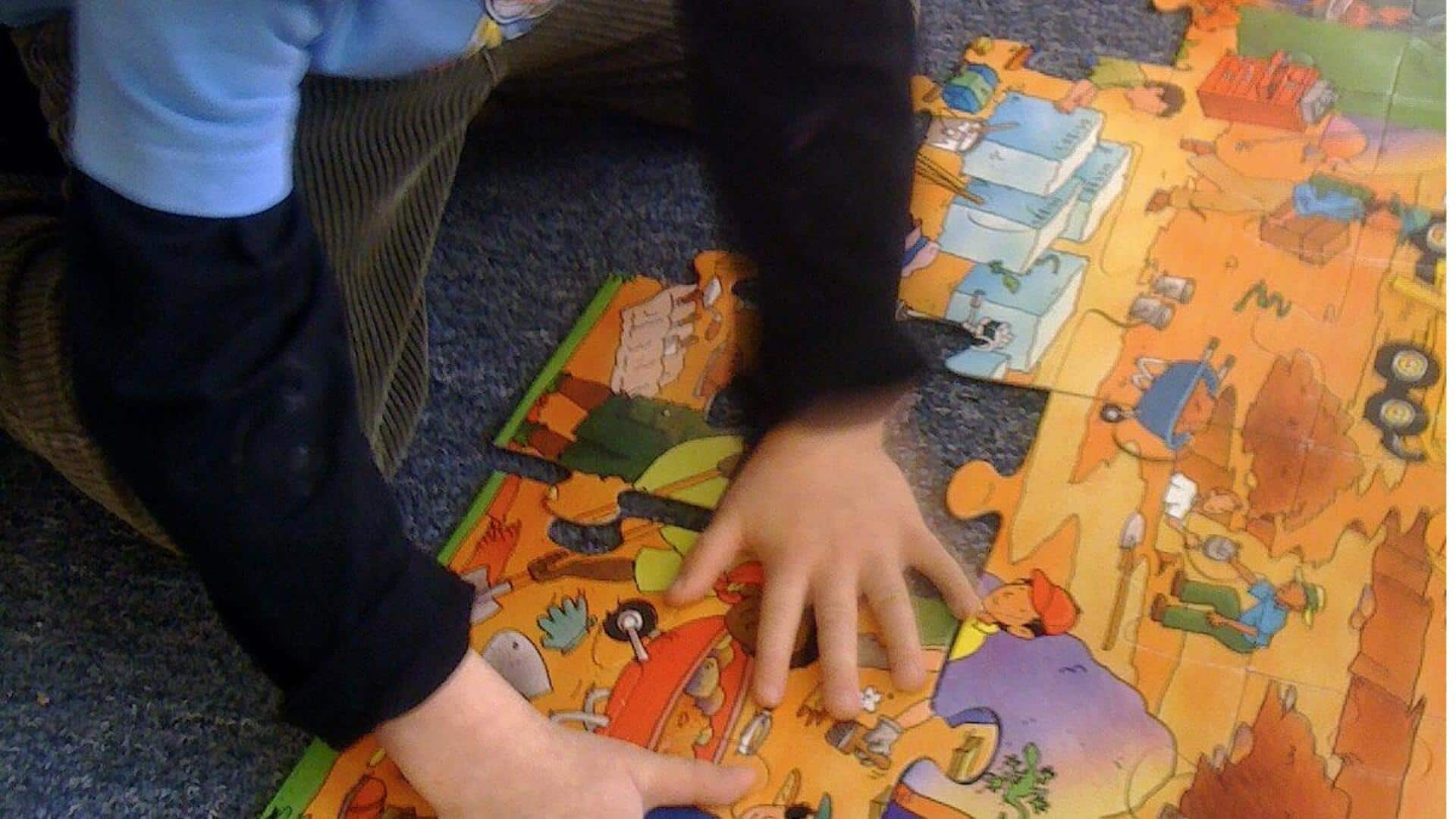
5 fun activities that improve kids' critical thinking
What's the story
Critical thinking is an important skill that helps kids solve problems and make decisions. Fun activities can help develop this skill in a playful manner. Here are five activities that can help improve kids' critical thinking skills. These activities are easy to set up and require minimal resources, making them accessible to everyone. They encourage kids to think creatively, solve problems, and work together.
Tip 1
Puzzle challenges
Puzzle challenges are an amazing way to improve critical thinking. Whether it's jigsaw puzzles or logic puzzles, these activities require kids to think analytically and plan their moves ahead. Puzzles improve pattern recognition and problem-solving skills, as kids have to figure out how pieces fit together or how to get past obstacles.
Tip 2
Storytelling games
Storytelling games also encourage children to think creatively and logically. In these games, children create stories from random prompts or images. This activity encourages imagination and helps in structuring thoughts coherently. It also improves verbal communication skills as children learn to express their ideas clearly.
Tip 3
Building blocks play
Playing with building blocks is a fun way to develop spatial awareness and engineering skills. As kids build structures, they learn about balance, symmetry, and design principles. This hands-on activity encourages experimentation and innovation, as there are no limits to what they can create.
Tip 4
Role-playing scenarios
Role-playing scenarios give kids a chance to step into different characters or situations, encouraging empathy and perspective-taking. By acting out various roles, children learn to understand different viewpoints while developing their decision-making skills in dynamic environments.
Tip 5
Science experiments at home
Simple science experiments at home can spark curiosity and analytical thinking in children. By observing outcomes from different variables in experiments like mixing baking soda with vinegar or growing plants under different light conditions, children learn about cause-and-effect relationships while honing their investigative skills through observation and analysis of results.